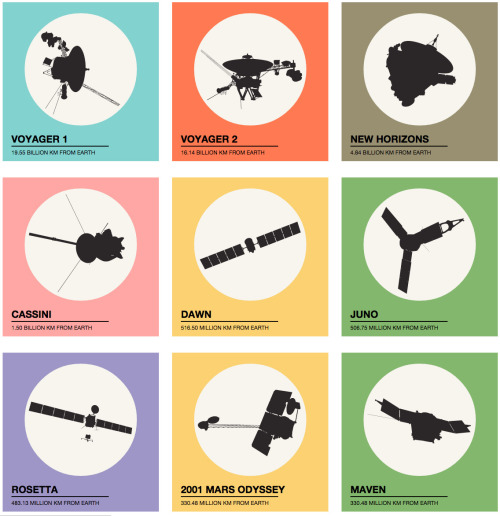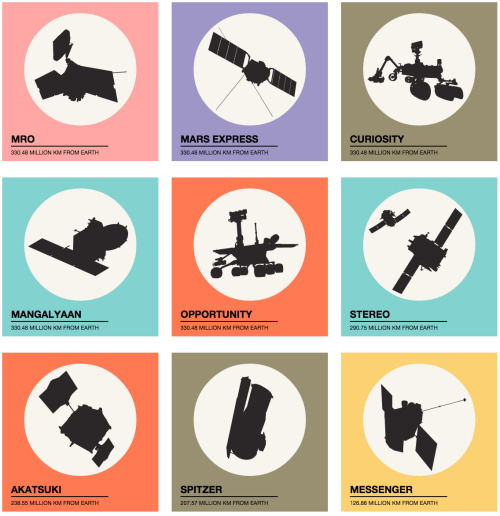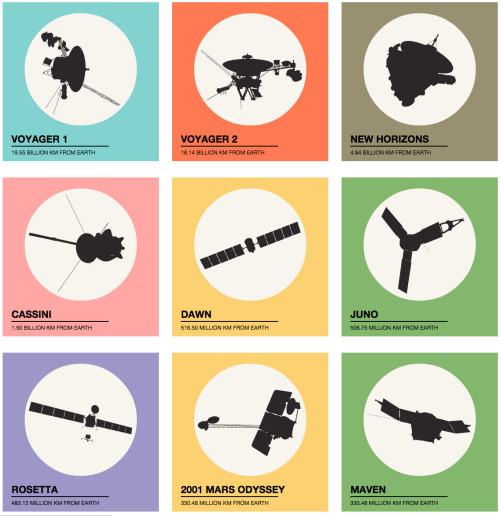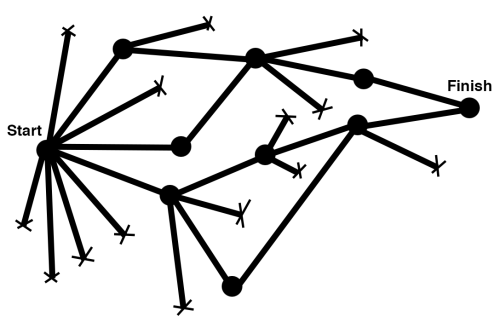One Big Fluke › Experimentally verified: “Why client-side templating is wrong”:
By Brett Slatkin (“One Big Fluke”).
If you followed PPK’s AngularJS post
from January (and his follow-up
client-side templating post
), then this is a worthwhile reply in its own right — and somehow I missed it when it ran.
Whereas PPK argues largely from a position of principle, Slatkin throws experiments and data at it, and while he arrives at different conclusions, he’s also gracious about the whole thing, drawing the conclusion thusly:
The take-away here is to choose the right architecture for your problem.
What’s good about this post is that he dug deep into this problem, cut it up a bunch of different ways, and remained open to the possibility that either approach might “win”. Which isn’t to say that his experiments were perfect (if some flaws aren’t obvious to you then check out the comment thread where several “improvements” are enumerated) or that there isn’t some speculation going on, but we have some good applied science here to give us a sensible picture.
Two important things here though:
First, it’s hard not to read Slatkin’s post as a refutation of PPK’s. This is unfortunate because, dogmatic though his tone may be, PPK offers up plenty of good points that you should consider when making these choices for your application. Whether you like AngularJS or not, whether you think client-side templates are a good fit for your problem or not, these thoughts are at least worth mulling over.
Which leads to my second point: it’s my sincere hope that people go with Slatkin’s real take-away, and that development teams have the discipline to look at their application, to analyze the data it’s producing about their audience etc., and to think about their goals for the future — and to design and build their applications with those data in mind. It’s entirely too easy to cargo cult decisions from posts like this one (and/or from PPK’s) and just assume that you got it right because you read something compelling from someone smart. By all means take their data into consideration, but no one else’s data is meaningful to you.



